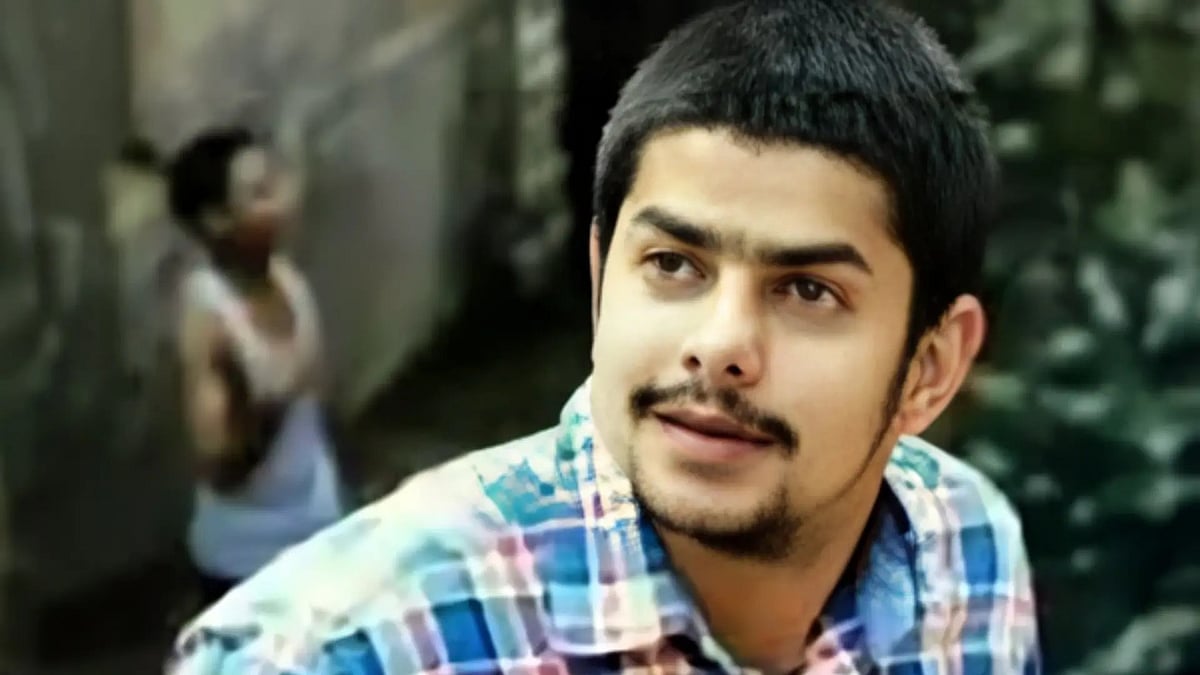Nation
Gangster Anmol Bishnoi lands in Delhi, arrested by NIA
The most serious case currently against Anmol is the 2024 murder of NCP leader Baba Siddique

Gangster Anmol Bishnoi, younger brother of incarcerated crime boss Lawrence Bishnoi, was brought back to India on Wednesday after being deported by the United States, ending nearly a year of detention abroad.
As soon as he landed in Delhi, officers of the National Investigation Agency (NIA) took him into custody and later produced him before Patiala House court, where the agency sought his remand in connection with several high-profile criminal cases.
Anmol had been detained by US authorities in November last year and was among a group of Indian nationals “removed” from the country this week. His return marks a significant breakthrough for Indian investigators, who have long accused him of playing a crucial operational role in the transnational wing of the Bishnoi crime syndicate. The network, allegedly overseen by Lawrence from prison, has been linked to a string of extortion rackets, targeted killings and arms procurement circuits stretching across multiple Indian states and overseas.
The most serious case currently against Anmol is the murder of former Maharashtra minister and NCP leader Baba Siddique, gunned down on 12 October 2024 outside his son Zeeshan’s office in Mumbai’s Bandra area — a brazen attack that revived memories of Mumbai’s gang-war era and raised questions about the persistence of politically linked contract killings in the city.
Mumbai Police have since arrested at least 26 individuals said to be affiliated with the Bishnoi network, and have invoked the stringent Maharashtra Control of Organised Crime Act (MCOCA). Anmol, along with associates Shubham Lonkar and Zishan Mohammed Akhtar, had been named as wanted accused.
Published: undefined
He is also sought in connection with the firing outside Bollywood actor Salman Khan’s residence in April 2024, an incident police believe was intended as both intimidation and a demonstration of the gang’s reach.
Another key case is the murder of popular Punjabi singer Sidhu Moosewala, shot dead in May 2022 in Mansa, Punjab — a killing that triggered enormous public outrage and highlighted the growing nexus between gangsters operating from abroad and shooters recruited within India. Across states such as Delhi, Punjab, Haryana, Rajasthan and Maharashtra, more than a dozen criminal cases are registered against him.
Investigators say Anmol functioned for years as an overseas facilitator, using digital platforms and encrypted communication to issue threats, coordinate extortion calls and direct operatives on the ground. His ability to evade arrest and continue issuing statements from abroad — sometimes taking responsibility for attacks — enhanced his symbolic standing within the gang. His deportation, officials believe, weakens the syndicate’s international “handle” and may help agencies map funding routes and supply chains that previously remained out of reach.
For the NIA and state police forces, Anmol’s return is therefore far more than the arrest of a fugitive. It offers an opportunity to unravel how a domestic crime group expanded into a cross-border network capable of influencing events within India from abroad.
Over the coming weeks, the agency is expected to interrogate him on the Siddique killing, the Salman Khan firing, the Moosewala case and the wider organisational structure of the Bishnoi syndicate. His custodial examination, officials say, could help dismantle one of the most notorious crime networks currently operating in India.
With PTI inputs
Published: undefined
Follow us on: Facebook, Twitter, Google News, Instagram
Join our official telegram channel (@nationalherald) and stay updated with the latest headlines
Published: undefined